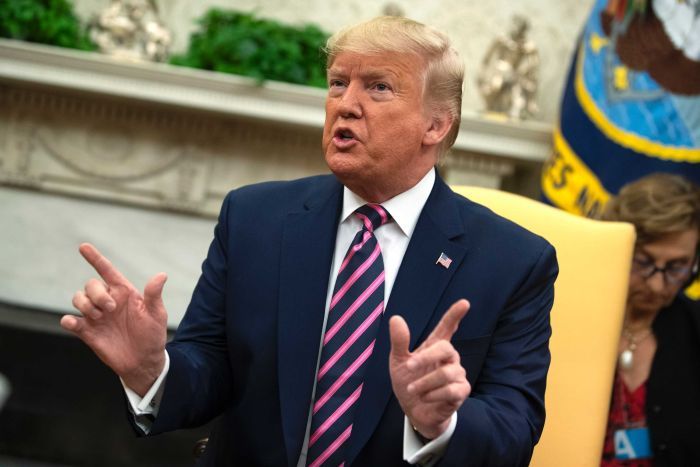
To say Thursday morning’s impeachment of American Donald Trump is momentous is to restate the obvious. In its almost 250 year history, this will be the third time America has used this weapon against its President. The impeachment of a President and his possible removal from office is one of the checks that writers of America’s constitution instituted to preclude the possibility of misuse of power by an otherwise very powerful President. Ring any bells? It is a two-stage process that commences with a vote in the House of Representatives. This “vote on the content of the charge sheet” is what is referred to as impeachment, which, if successful, is then followed by a trial in the Senate. A decision by two thirds majority in the Senate would lead to a removal from office. No President has ever been removed from office through this process but there have been two, now three, successful impeachments.
The first President to be successfully impeached was Andrew Jackson in 1869 as a result of disputes between him and Congress after the American civil war. Most of my readers will recall the second impeachment; the infamous and successful “Monica Lewinsky” impeachment and the subsequent Senate trial of President Bill Clinton in 1998. Both Jackson and Clinton were acquitted by the Senate, their interlocutors having failed to garner the majority votes required to send them home. Richard Nixon of the Watergate fame resigned from office before his impeachment; he would most probably have been sent home.